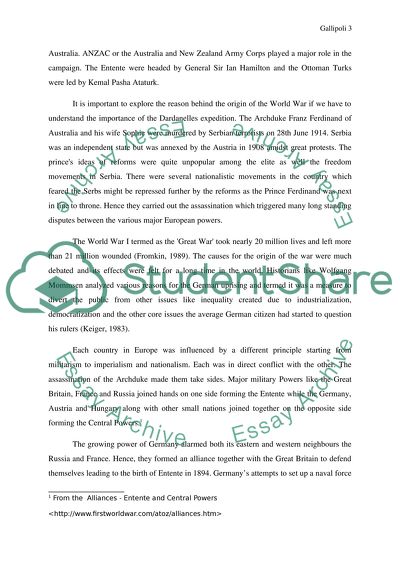Cite this document
(“What was the larger strategic significance of the failure of the Essay”, n.d.)
Retrieved from https://studentshare.org/history/1404609-what-was-the-larger-strategic-significance-of-the
Retrieved from https://studentshare.org/history/1404609-what-was-the-larger-strategic-significance-of-the
(What Was the Larger Strategic Significance of the Failure of the Essay)
https://studentshare.org/history/1404609-what-was-the-larger-strategic-significance-of-the.
https://studentshare.org/history/1404609-what-was-the-larger-strategic-significance-of-the.
“What Was the Larger Strategic Significance of the Failure of the Essay”, n.d. https://studentshare.org/history/1404609-what-was-the-larger-strategic-significance-of-the.


